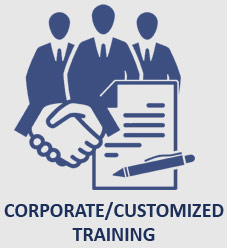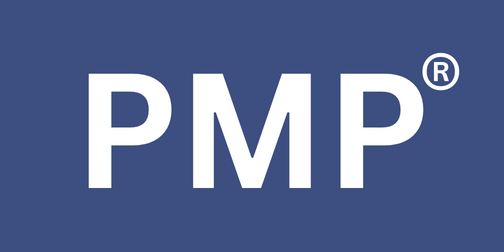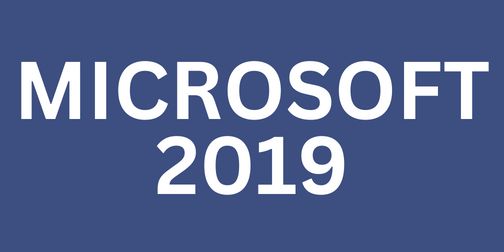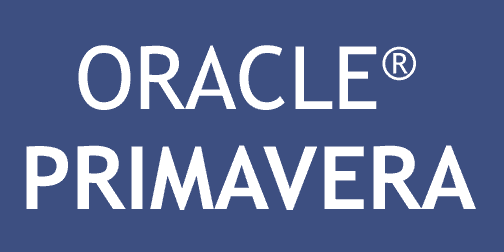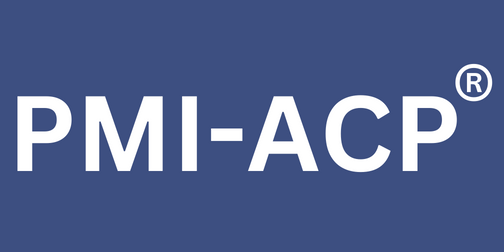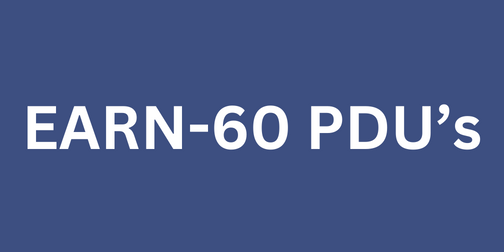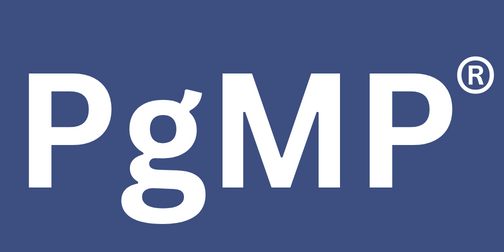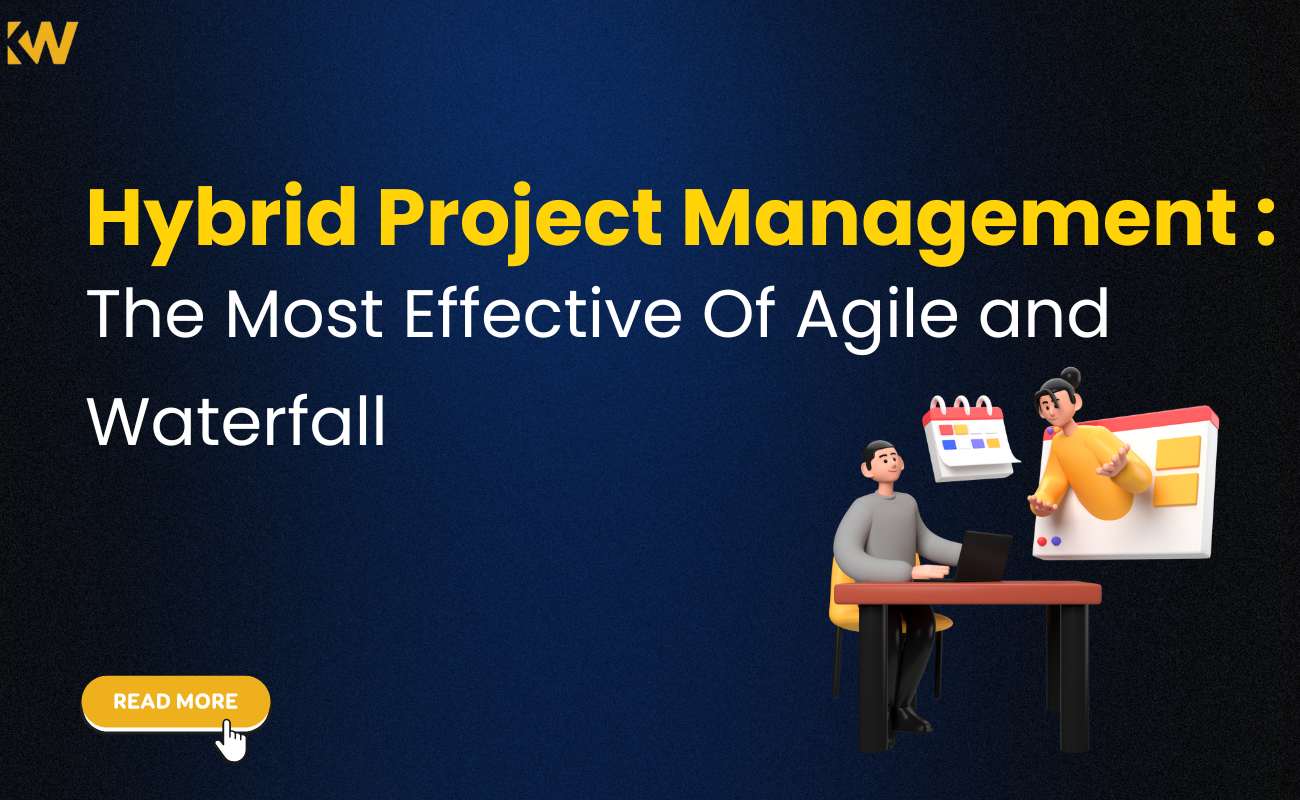
Hybrid Project Management: The Most Effective of Agile and Waterfall
Posted On April 7, 2025 - 12:35 PM
Introduction
Modern companies require a process management system that is both flexible and structured. While traditional Waterfall methods provide clear plans and predictability, Agile methods emphasize flexibility and incremental improvement. To benefit from both, companies are increasingly adopting Hybrid Project Management methodologies.
This method blends the flexibility of Agile and Waterfall, ensuring efficient project execution. Professionals seeking a certificate for project management often explore hybrid approaches to stay competitive.
This blog will discuss the basics of Hybrid Project Management, its advantages, strategies for implementation, and real-world applications.
Understanding Hybrid Project Management
Definition and Principles
Hybrid Project Management refers to the integration of various methodologies for managing projects, tailoring the approach to meet the specific needs of a project. It allows organizations to keep the systematic method of Waterfall for planning and management while using Agile's iterative approach for execution and development.
Key Characteristics of Hybrid Project Management
-
Combination of iterative (Agile) and structured (Waterfall) approaches.
-
Flexibility with enhanced risk control.
-
A custom workflow tailored to different project stages.
-
Improved collaboration among stakeholders.
Why Choose Hybrid Project Management?
-
Flexibility Without Losing Structure
Organizations often handle projects that need both detailed planning and quick adaptability. A Hybrid approach ensures structured planning while allowing iterative execution when required. -
Optimized Risk Management
Traditional Waterfall models focus on risk analysis during initial phases, whereas Agile provides continuous risk assessment. A Hybrid method combines both, leading to better risk mitigation. -
Improved Stakeholder Satisfaction
Clients want predictable project timelines, while teams require space for adjustments. A hybrid model balances both, improving stakeholder engagement. -
Better Collaboration
Using Agile for execution and Waterfall for management enhances cross-departmental communication.
Common Hybrid Project Management Models
-
Agile-Waterfall Hybrid
-
Waterfall is used for initial planning, while Agile handles execution.
-
Ideal for IT and software development.
-
Provides a structured goal-setting approach while maintaining flexibility.
-
Lean-Agile Hybrid
-
Combines Lean’s value-driven approach with Agile’s sprint-based execution.
-
Reduces waste and maximizes resource utilization.
-
Best for product development.
-
Stage-Gate Agile
-
Uses Waterfall’s decision gates with Agile iterations.
-
Ensures compliance while allowing flexibility.
-
Used in construction, healthcare, and highly regulated industries.
-
Custom Hybrid Methods
-
Tailored Hybrid Project Management models based on specific organizational needs.
-
Often integrates elements from multiple methodologies.
Key Benefits of Hybrid Project Management
-
Better predictability in timelines and deliverables.
-
Enhanced risk management through continuous monitoring.
-
Increased efficiency via structured workflows.
-
Improved team performance by balancing flexibility and structure.
Implementing Hybrid Project Management Effectively
-
Assess Project Requirements
-
Suitable for large-scale projects requiring both structure and flexibility.
-
Ideal for cross-functional teams using different methodologies.
-
Works well in industries needing both agility and regulatory compliance.
-
Choose the Right Hybrid Approach
-
Select a hybrid method that aligns with project goals and stakeholder expectations.
-
Define Roles and Responsibilities
-
Waterfall governs structured phases like planning and compliance.
-
Agile manages development and execution.
-
Leverage the Right Project Management Tools
-
Jira – Tracks Agile sprints.
-
Microsoft Project – Ideal for Waterfall-based planning.
-
Asana & Trello – Supports hybrid workflow tracking.
-
Continuously Assess and Improve
-
Conduct regular retrospectives to identify weaknesses and optimize processes.
Challenges in Hybrid Project Management & Solutions
-
Resistance to Change
-
Solution: Conduct training and workshops for teams.
-
Communication Gaps
-
Solution: Use collaboration tools like Slack and Asana for real-time updates.
-
Complex Documentation
-
Solution: Standardize templates for Agile and Waterfall documentation.
-
Harmonizing Different Work Styles
-
Solution: Set clear expectations and processes before project initiation.
Real-World Applications of Hybrid Project Management
-
IT & Software Development
-
Companies like Microsoft and IBM integrate Agile sprints within their structured Waterfall release cycles.
-
Construction & Infrastructure
-
Hybrid models help balance detailed planning with on-site flexibility.
-
Healthcare & Pharmaceuticals
-
Biotech firms use Lean-Agile hybrids to ensure regulatory compliance while iterating research and development.
-
Financial Services
-
Banks and financial institutions adopt hybrid approaches to manage compliance-heavy projects while incorporating Agile methodologies for product development.
Best Practices for Hybrid Project Management
-
Establish Clear Guidelines to ensure smooth execution.
-
Train Teams on Hybrid Models to avoid confusion and foster collaboration.
-
Use Technology to streamline workflows with project management tools.
-
Conduct Regular Performance Reviews for continuous improvement.
Conclusion
Hybrid Project Management combines the best aspects of Agile and Waterfall, offering structured flexibility, risk control, and enhanced collaboration. By implementing a well-defined hybrid approach, organizations can boost efficiency, improve stakeholder satisfaction, and increase project success rates.
As businesses evolve, Hybrid Project Management will become the standard for complex projects. Are you ready to adapt? Start by assessing your project needs and selecting the right combination of methodologies.
Check Out This Blog : Integrating Artificial Intelligence (AI) in Project Management











